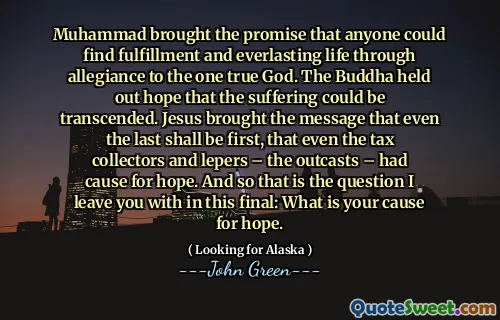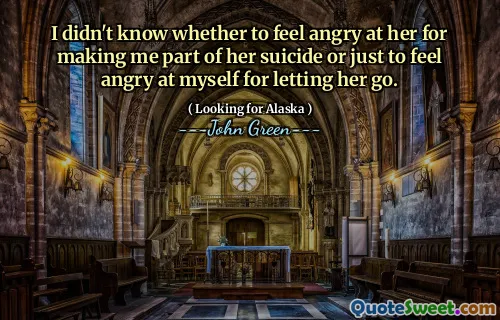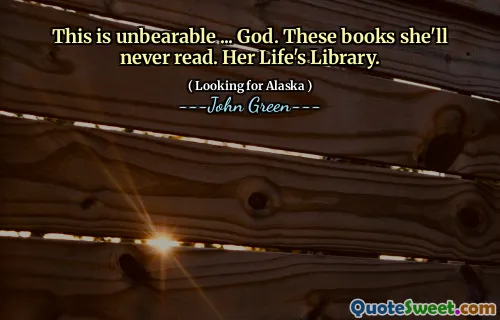
Muhammad brought the promise that anyone could find fulfillment and everlasting life through allegiance to the one true God. The Buddha held out hope that the suffering could be transcended. Jesus brought the message that even the last shall be first, that even the tax collectors and lepers – the outcasts – had cause for hope. And so that is the question I leave you with in this final: What is your cause for hope.
This quote offers a profound reflection on the unifying messages of three influential spiritual leaders—Muhammad, Buddha, and Jesus—each conveying a pathway to hope and salvation tailored to their followers' contexts. It underscores the universal human quest for meaning, fulfillment, and reassurance amid life's inevitable suffering and hardships. The acknowledgment that these figures emphasized hope for different audiences highlights the richness of spiritual teachings as diverse yet interconnected. Muhammad’s promise of eternal life through devotion to one true God underscores faith’s empowering role, promising purpose beyond mortal existence. Buddha’s message about transcending suffering illuminates the importance of inner peace and enlightenment as a way to overcome life's struggles and find liberation within oneself. Jesus’ message of hope for outcasts and the last emphasizes inclusion, compassion, and the possibility of dignity and worth even for those marginalized by society. This triad of hope pushes us to consider what gives us our personal sense of purpose and optimism, especially in challenging times. It invites deep introspection about what sustains us and how hope can be a transformative force, both spiritually and within our everyday lives. Ultimately, the quote challenges each individual to identify their personal cause for hope, urging us to look outward at the messages of these spiritual leaders and inward at the values that ignite our own hope and resilience in the face of adversity.










